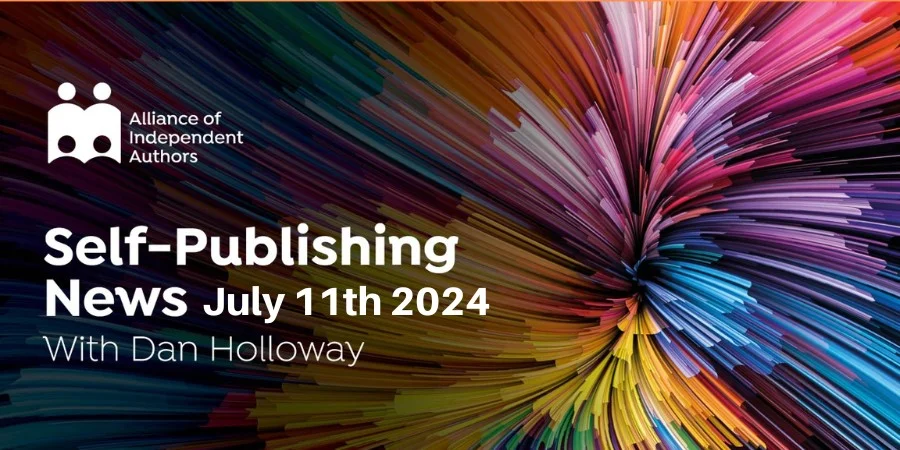
ALLi News Editor, Dan Holloway
It feels rather extraordinary that this year, when the format has become so established that we have seen a decade of double-digit growth and sales that now rank alongside e-books, sees the first staging of the International Summit of Audio Publishers.
This gathering of audio publishers signifies a significant milestone, reflecting the industry's maturity and growing confidence. It’s also possibly a sign of an industry that realizes it now faces challenges: to continue growing (you will recall this year saw that double-digit growth streak end in the United States); to retain the confidence of the creators on which it relies, who are increasingly cagey both about payment models and the use of AI; and to figure out its position as it straddles the very different worlds of publishing and technology.
The event takes place in New York on September 10 and is hosted by the Audio Publishers Association. Key hosts include Publishing Perspectives' Porter Anderson and Publishers Weekly’s Ed Nawotka, who will be in conversation with the usual suspects, who are together in the room at last. I will, of course, report what comes out of it.
The list of speakers covers, as I suggested, all bases: Audible/ACX, Storytel, and other Nordic powerhouses, Overdrive, and, of course, Spotify, as well as, I am pleased to see, representatives from across the global market. That a panel is devoted to non-English language markets is a reminder that any global landscape (and indeed any realistic plan for continued growth) needs to encompass the fullest possible audience.
As interesting as the subject matter is the panel composition for what will, inevitably, be a broad rather than a deep dive and will cover ground that is familiar, albeit bringing it under a single umbrella and possibly giving clues as to what happens next. For example, the discussion of AI narration has chosen Storytel as its industry lead, as opposed to Audible/ACX (with its historically controversial stance over AI-narrated materials) and Spotify. The latter’s topic of discussion will be author empowerment, which will, of course, be an attempt to allay any remaining fears about the company’s reputation carried over from the music industry for the diminutive size of its payouts to creators.




